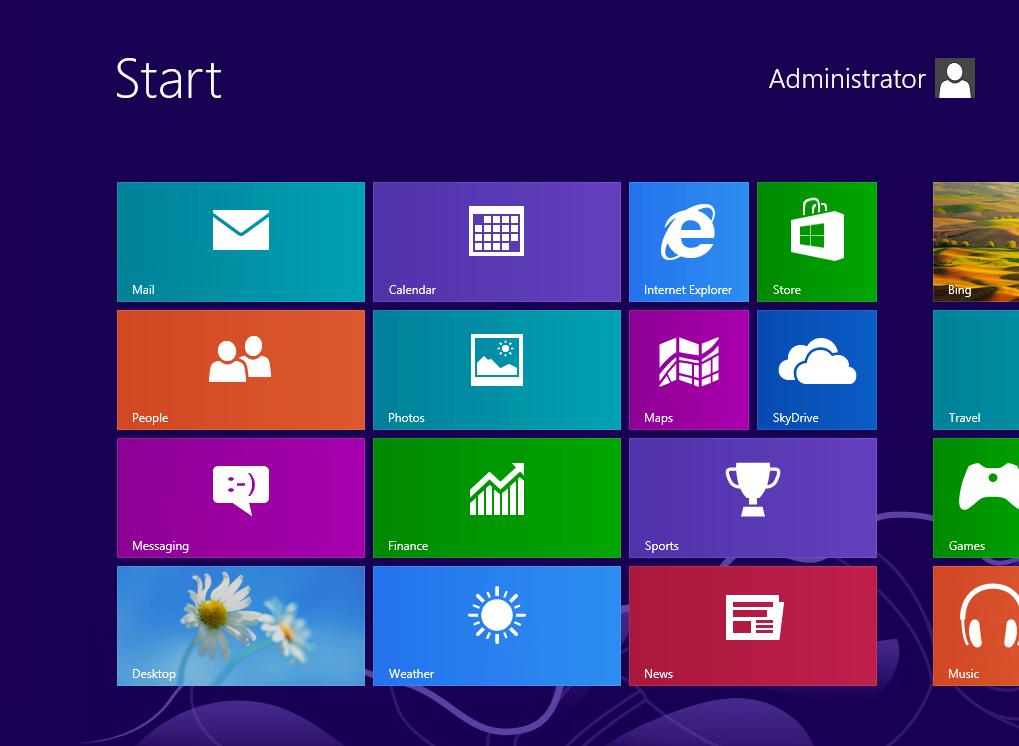Trying to be Everything to Everyone, Windows 8 Fails to Become the OS of the Future

During development, Windows 8 was touted as an operating system (OS) for everyone. Whether you were a home tablet user or a business PC user, Windows 8 tried to be all things to all people, and wound up being nothing to anybody.
It is widely believed that Windows 8 and its two updates, Windows 8.1 and Windows 8.1 Update 1, are a disaster. Additionally, it’s rumored that former Windows President Steven Sinofsky’s and former CEO Steve Ballmer’s recent company exits were at least partly due to Window 8’s failure.
Instead of being an OS that makes everything simple for every consumer segment, Windows 8 feels like a product designed by consensus among the directors of Microsoft’s various consumer segments to go with something that was the least objectionable to everyone. This is in contrast to development by a small team of people who truly understand their consumer segment’s unique needs and wants.
Blogger Paul Thurrott, who writes the largely pro-Windows blog SuperSite for Windows, criticized Microsoft as having “fallen into an all-too-familiar trap of trying to please everyone, and creating a product that is ultimately not ideal for anyone.” He continued:
“Unlike Mac OS, in particular, Windows has always attempted to satisfy every possible client need. … The result is a messy product … that lacks the singular vision that is typically associated with the Mac and Apple’s other products.”
With Windows 8, I believe that Microsoft looked to Apple’s customers who simply love the Apple model and tried to duplicate that model. The problem with this approach is that while Apple focuses on home users, Microsoft tries to please both home and business users — Microsoft effectively tried to duplicate the Apple model across too many diverse areas.
Microsoft’s Windows 8 was supposed to be the OS of the future. But what might be good for a home user might not necessarily also be good (or even practical) for a business user. Apple does a great job of focusing on a particular segment of the market and then designing something that appeals to that one segment. Apple can afford to do this because it isn’t really targeting the business computer user in the first place.
In trying to please the tablet user, Microsoft compromised the desktop experience and vice versa. By buying into the idea that an OS can be designed to appeal to everyone, Microsoft lost its focus and segmentation.
Business PC users should cling to Windows 7 for as long as they can and try to wait out the arrival of Windows 9. With Bill Gates taking a more active role in Microsoft in his new role as technology adviser and now spending a third of this time meeting with product groups — which is a large departure from spending most of his time with philanthropic ventures and investments — hopefully Windows 9 will focus in on productivity for the business user. This segment is Microsoft’s bread and butter, where it is most likely to receive the client love it so desperately desires.
This post originally appeared in The Tennessean.









